Pachinko
“History has failed us, but no matter.”

Pachinko by Min Jin Lee is an epic if there ever was one, spanning multiple generations of one Korean family. I learned so much about Japan’s colonisation of Korea and how many Koreans emigrated to Japan in search of what they believed would be a better life. Families who had once been wealthy in Korea, now lived in ghettos because their land had either been seized by the Japanese military or taxed so heavily they could no longer afford to keep it. In Japan, Koreans were met with hostility and forced to live in the poverty they were desperately trying to escape. During the second world war many of the poorest Koreans were tricked into labour camps or forced into sexual slavery becoming “comfort women” for the Japanese military. Many Koreans worked in factories in Hiroshima and Nagasaki building military equipment and it’s believed that the there were approximately 70’000 Korean victims of the atomic bombs that were dropped there.
The Japanese occupation of Korea only ended with the end of World War ||, but still Korea was not truly free, a civil war ensued North vs South with the USA funding and supporting the South and the Soviets the North, both sides taking claim to the whole. The civil war lasted three years and ended without a resolution. To this day the country remains split, and many Koreans in Japan, particularly those from the North would never be able to go home ever again.
Pachinko begins with Sunja, the only surviving child of Hoonie and Yangjin, the owners of a humble boarding house in a small fishing village in Korea. When Sunja is in her late teens she meets the charming new fish broker (and unbeknownst to Sunja at the time GANGSTER), Koh Hansu and they embark on a short lived affair which results in Sunja becoming pregnant. Koh Hansu is excited about the pregnancy but when Sunja asks him when he will visit her mother (Hoonie is dead at this point from Turbercolosis) and declare his intention to marry her, she is shocked when he says he cannot because he is already married!!!! Sunja is devastated and despite Koh Hansu’s promise to look after her and the baby, she refuses to ever see him again. Facing her families ruin, Sunja is saved by the handsome, if a little delicate, pastor Isak who says he will marry her and raise the baby as his own, with no other options Sunja accepts his proposal and they embark on a journey to a new life in Japan.
The story follows Sunja but also the generations that succeed her, the individual struggles they all face being Koreans in Japan and their different individual responses to existing within that diaspora.
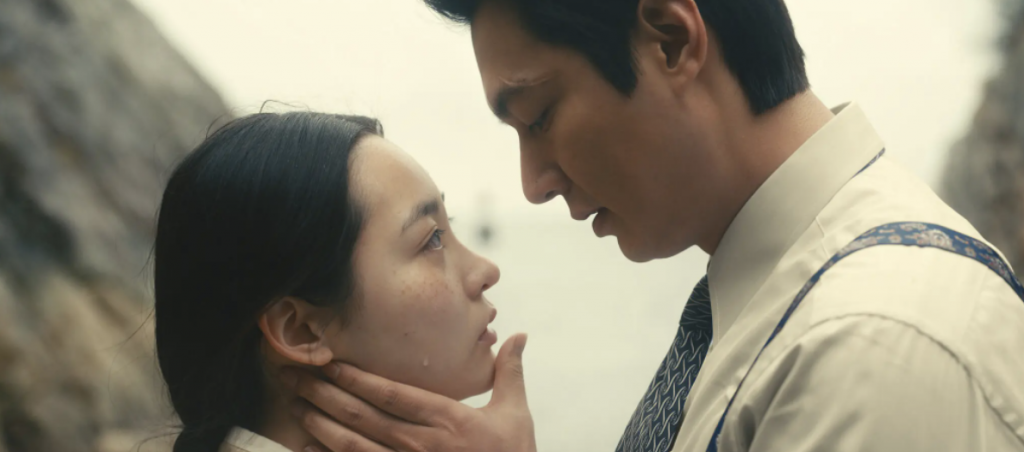
Pachinko Parlours are very popular in Japan and from my reading appear to be a similar concept to the penny slots arcades we have in England. They were one of the few professions that a Korean could come good in. Pachinko also serves as a metaphor within the book, how life like pachinko requires very little skill and is mostly a game of luck.
‘Every morning, Mozasu and his men tinkered with the machines to fix the outcomes – there could only be a few winners and a lot of losers. And yet we played on, because we had the hope that we would be lucky ones
Pachinko by Min Jin Lee



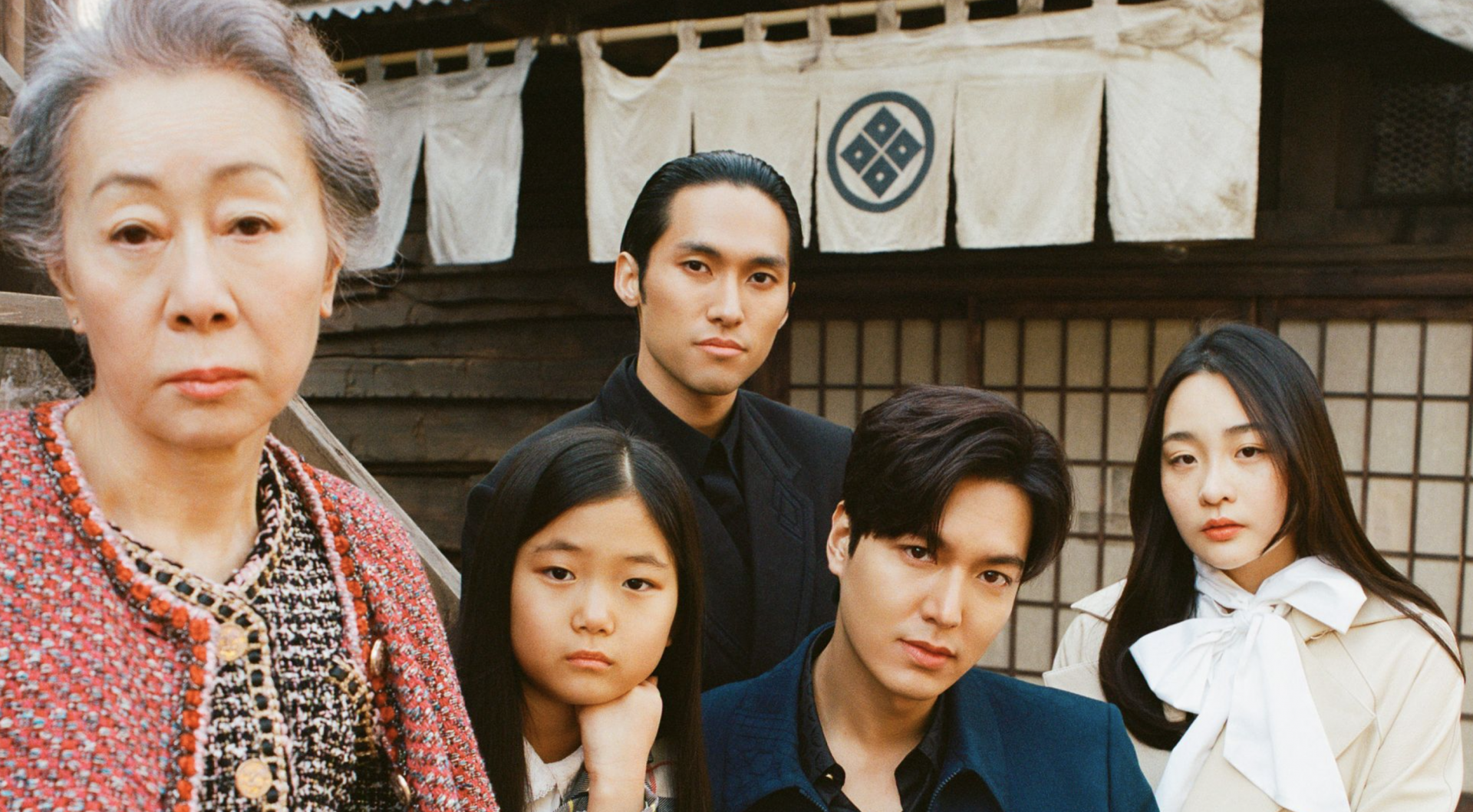

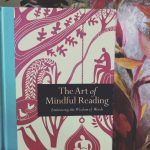
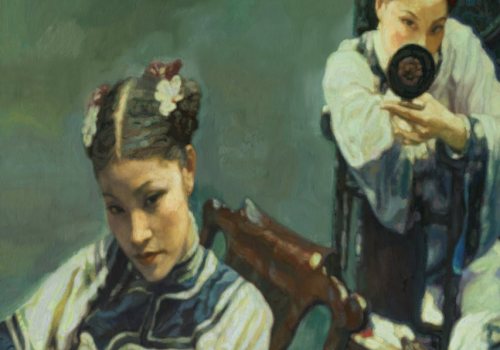

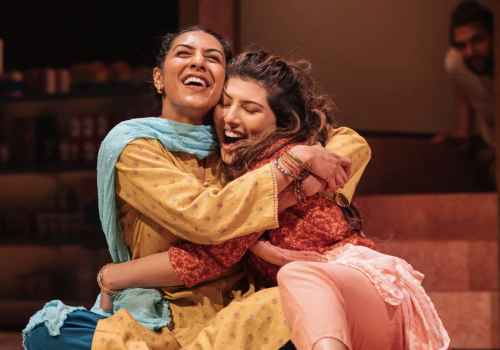

Leave a Reply